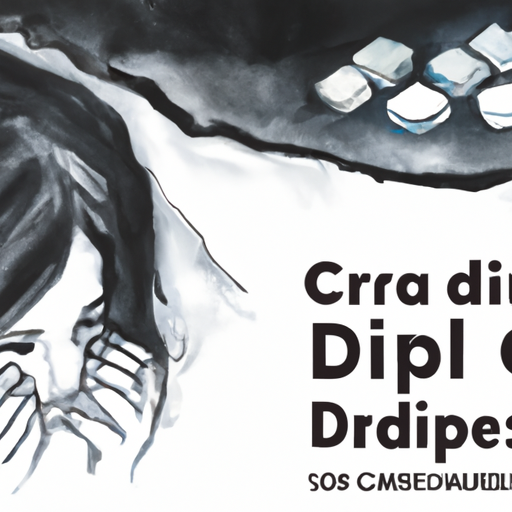The Opioid Crisis in Canada: A Deep Dive
Canada stands on the frontline of an escalating opioid crisis that doesn’t discriminate. Every stratum of society has been impacted, from the homeless to the upper echelons of suburban neighborhoods. This crisis is so profound that it has been officially recognized as a serious public health concern. The Canadian opioid abatement class action is testament to the severity of the situation.
The Impact of the Opioid Crisis
The opioid crisis, fueled by potent substances like fentanyl and oxycodone, has hit every corner of Canada. Families are losing loved ones. Communities are watching the homeless population spike, and crime rates surge, as addicts resort to desperate measures for their next fix. But the opioid crisis is not just a social debacle—it’s an economic plight, draining resources and burdening the healthcare system.
As of 2019, opioid-related deaths tallied about 15,393 from January 2016 onward, according to data from the Public Health Agency of Canada. The ripple effects of these are far-reaching, touching various sectors like first responders, healthcare professionals, educators, and community leaders.
Combatting the Opioid Crisis
Despite the grim reality, strategies and initiatives are being rolled out to mitigate the opioid crisis. Front and center are harm reduction measures, such as:
- Naloxone kits: Naloxone is a life-saving medication that reverses the effects of opioids and can prevent fatal overdoses. These kits are increasingly available for free in pharmacies across Canada.
- Safe consumption sites: These are medically supervised spaces where addicts can safely use opioids. These spaces also connect users with healthcare professionals who can help guide them towards recovery.
- Opioid substitution therapy: This involves replacing harmful opioids with safer, controlled substances to help manage withdrawal symptoms and cravings.
As part of these efforts, Scilex Holding Company, a leader in non-opioid pain management, recently announced its addition to the MSCI Global Micro Cap Index. This milestone could potentially mobilize much-needed funding towards non-opioid pain management research and contribute to solving the opioid crisis.
An Outlook on the Future
The opioid crisis needs robust, relentless measures to combat its growing effects, and it demands a multi-sectoral response. This is a disease epidemic, not a moral failing, and it needs to be treated as such. Success lies in joining efforts, pooling resources, and fueling research—making sure that those affected are met with empathy and support instead of stigmatization.
Key Points:
- The opioid crisis in Canada is an escalating public health concern impacting various layers of society, including the homeless population and law enforcement agencies.
- Opioid-related deaths in Canada tally up to 15,393 from January 2016 to 2019, indicative of the severity of the crisis.
- Current efforts to combat this crisis include harm reduction measures such as Naloxone kits, safe consumption sites, and opioid substitution therapy.
- Scilex Holding Company’s addition to the MSCI Global Micro Cap Index could potentially drive funding to non-opioid pain management research, contributing to long-term solutions.
Closing Thoughts
The opioid crisis continues to test Canada’s resilience; it’s a dark shadow that blights every community. However, the collaborative efforts across various sectors in society give a glimmer of hope in tackling this crisis. The naloxone kits, safe consumption sites, opioid substitution therapy, and the role of companies like Scilex in promoting non-opioid resources—it’s all part of a comprehensive approach to eradicating this epidemic. The journey will be tough, but with dedicated efforts, the crisis can be stemmed, one step at a time.
